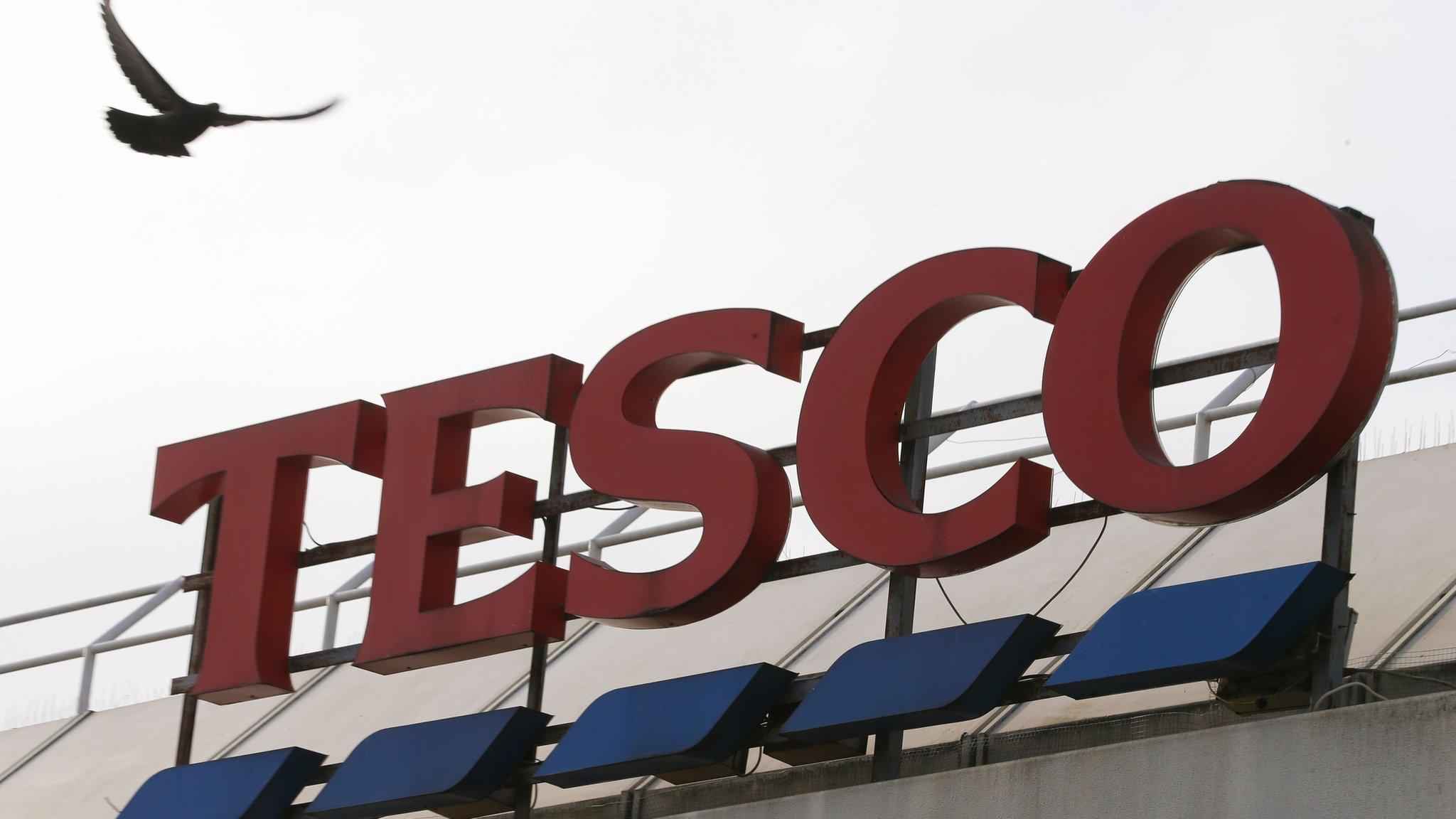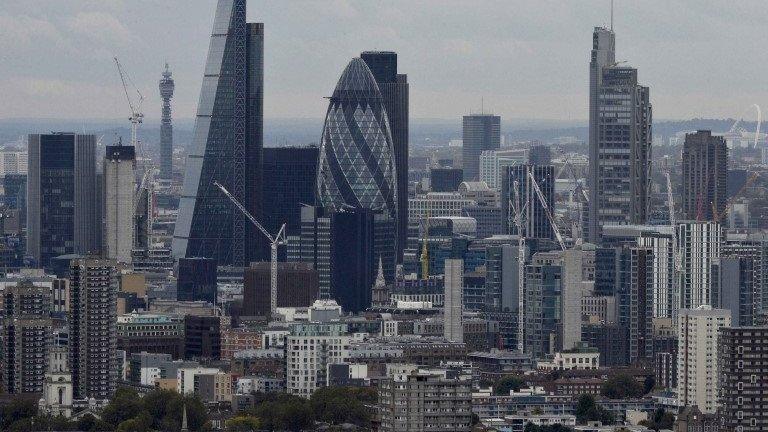Serious Fraud Office in talks to increase annual budget
- Published

The Serious Fraud Office (SFO) is in talks to change the way it is funded.
The SFO has a basic annual budget of £31m to maintain its 500 staff.
It asks the Treasury for extra cash when it takes on "blockbuster" cases, like the Tesco fraud probe. Critics have said the agency needs a larger budget rather than having to rely on case-by-case funding.
David Green, the SFO's director-general, told the BBC any final decision was in the Treasury's hands.
Since the financial crisis, the SFO has received more than £100m in top-up funding to fund big cases, including the investigations into Rolls-Royce, Tesco and Barclays.
Mr Green defended the arrangement. "I have never not pursued a case that we thought worthy of investigation because of a lack of funding, and nor would I ever do that," he told the BBC in an interview.
Mr Green said he had never had "the slightest difficulty" in securing funding to pursue a blockbuster case: "We are in discussion at the moment over whether the relationship between the basic and blockbuster funding is the right one, but that is a matter for the Treasury."
'Too big to jail'
Mr Green, who took charge at the SFO in 2012 after its embarrassing - and costly - failure to bring charges against the Tchenguiz brothers over the collapse of the Icelandic bank, Kaupthing, steps down in April.
He negotiated a settlement with the Tchenguizs, and went on to bring high-profile cases over the rigging of Libor and Euribor benchmark interest rates, as well as against Barclays, Tesco and Rolls-Royce.
The last resulted in a near £700m penalty payment under a "deferred prosecution" agreement - a legal arrangement where a company agrees to pay up in return for not receiving a criminal conviction that might put it out of business.
Some legal experts think such agreements amount to a concession that some companies are "too big to jail".
Mr Green said they were a recognition that "people commit fraud, not companies, and you can't jail a company".
He said the deferred prosecution law here had drawn on the set-up in America, but with one crucial difference - each UK agreement has to be signed off by a judge: "That judicial oversight is the key," he said.
- Published2 March 2018

- Published24 November 2017

- Published11 December 2017
